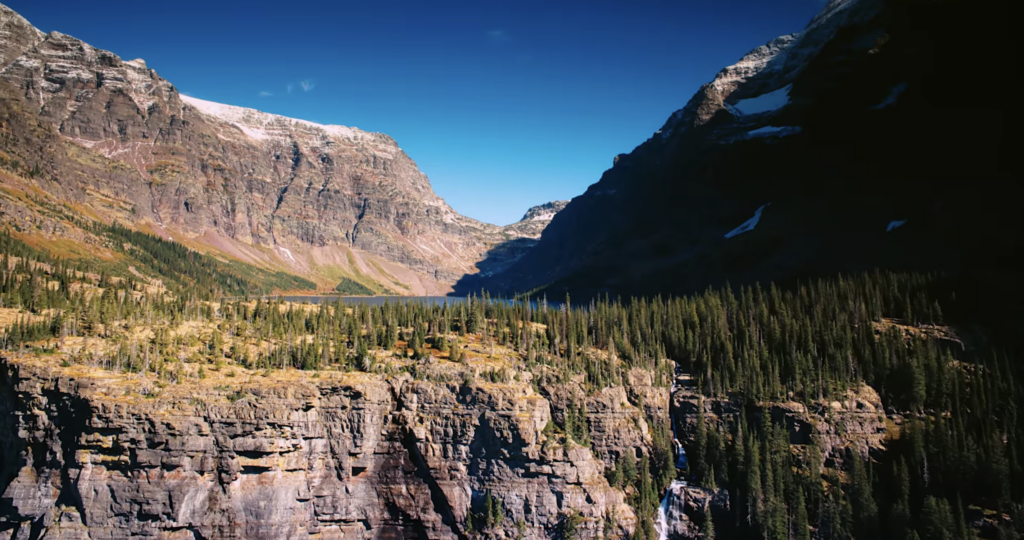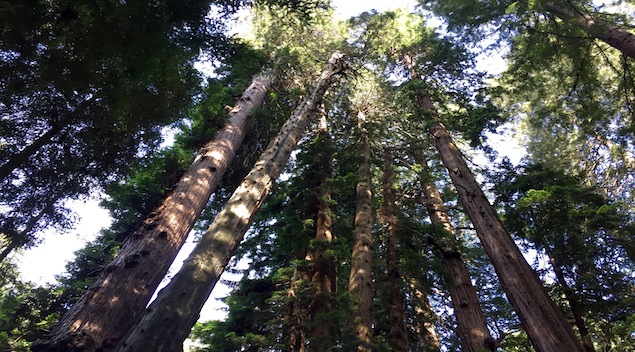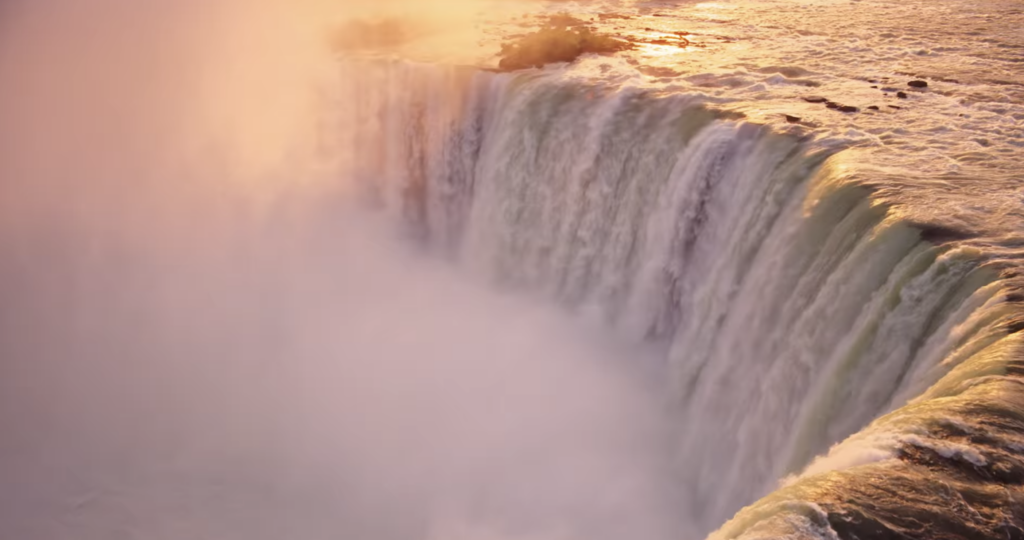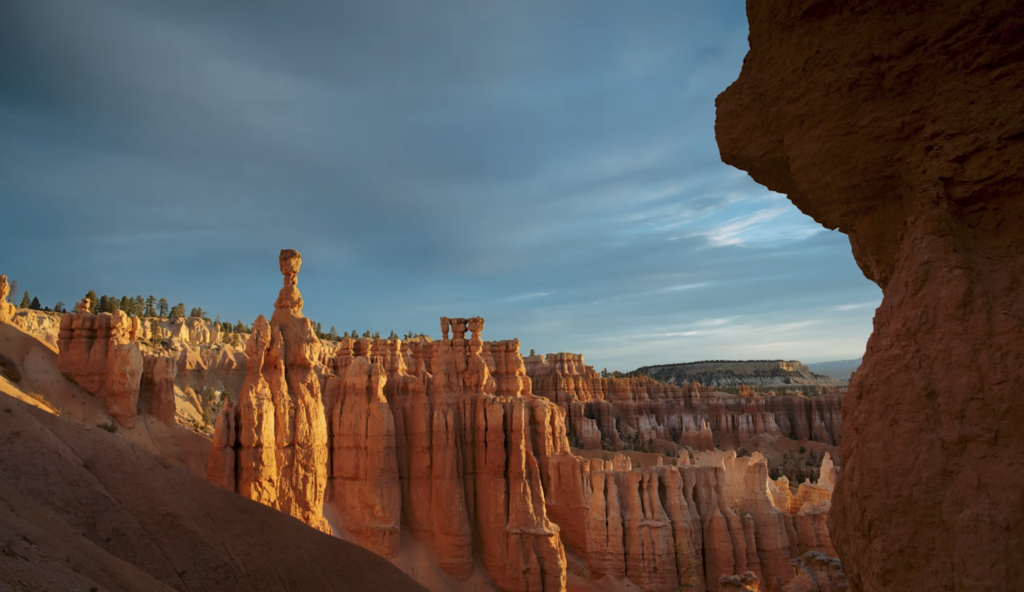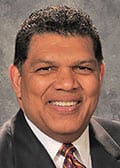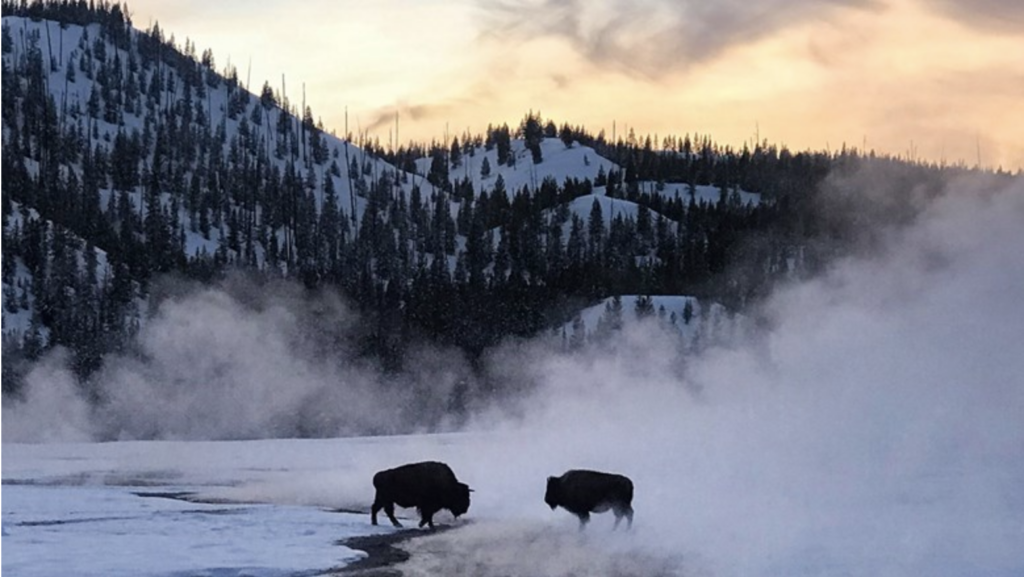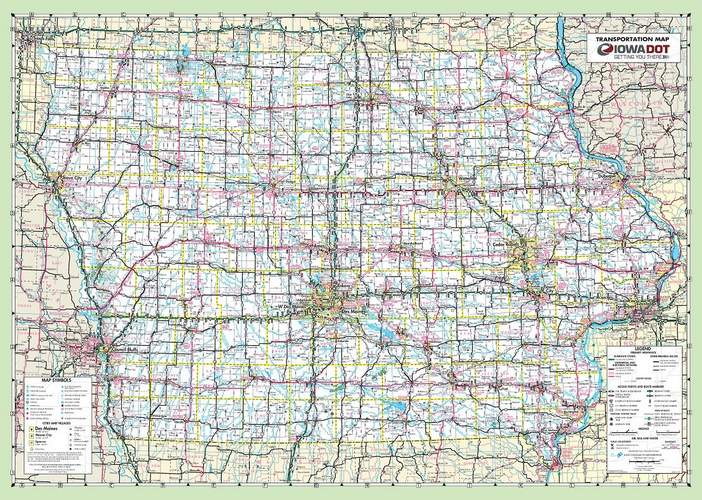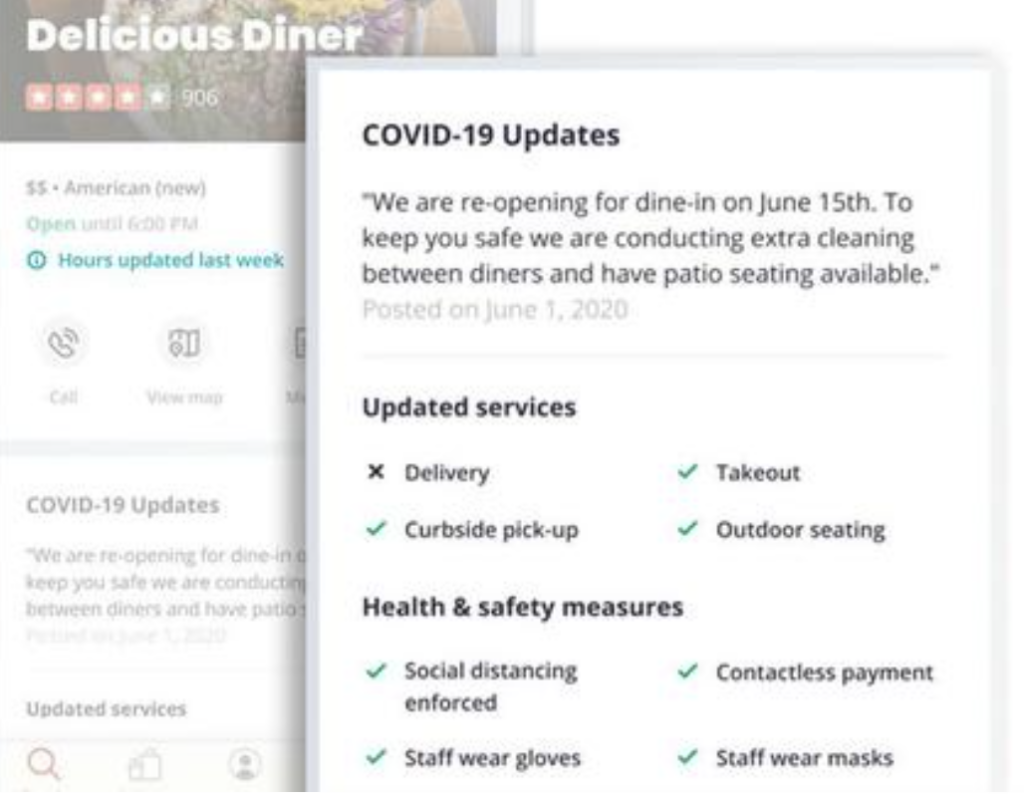U.S. House of Representatives passed the Great American Outdoors Act, sending the most significant conservation bill in decades to the Oval Office for signature.
The Act, which passed in the Senate last month, would provide $9.5 billion over five years from energy development revenues on federal land and water to assist in park maintenance.
It secures definitive funding for both the Land and Water Conservation Fund (LWCF) and the Restore Our Parks Act. The LWCF can create and develop local parks, trails, boat launches, sports fields, other recreation areas and park infrastructure. Under the act, LWCF will receive $900 million annually by way of offshore oil and gas revenues, meaning the money will not be coming out of the taxpayer’s pocket.
The timeline: Introduced in the House of Representatives as H.R. 1957 by John Lewis (D–GA) on March 28, 2019. “The Great American Outdoors Act” was introduced by Cory Gardner (R–CO) on March 9, 2020. On June 9, it passed a procedural vote 80–17 and moved to full consideration before the Senate. The bill passed the Senate on June 17 by a vote of 73–25. On July 22, the bill was passed by the House on a bipartisan vote of 310–107.
U.S. Travel Association President and CEO Roger Dow issued the following statement:
“National parks have become increasingly important centers of travel and tourism, since there is clear evidence that the American public is more comfortable recreating in open spaces and taking their trips by car during the coronavirus pandemic.
“This prudent and bipartisan piece of legislation should be looked upon as a welcome bright note during an otherwise challenging time in Washington and around the country and world. Congress is to be congratulated for this measure directing much-needed resources to the upkeep of national parks, and we are encouraged that the administration has indicated its support as well.
“Last year, national parks welcomed 327 million visitors who spent $41.7 billion and supported 340,500 U.S. jobs. Given the rising popularity of national parks during Covid-19, we fully expect those positive economic impact figures to go up, which makes this investment by Congress in our parks particularly smart and timely. National parks are not only vital elements of the country’s geographic and cultural heritage—they are critical economic drivers, too.”
